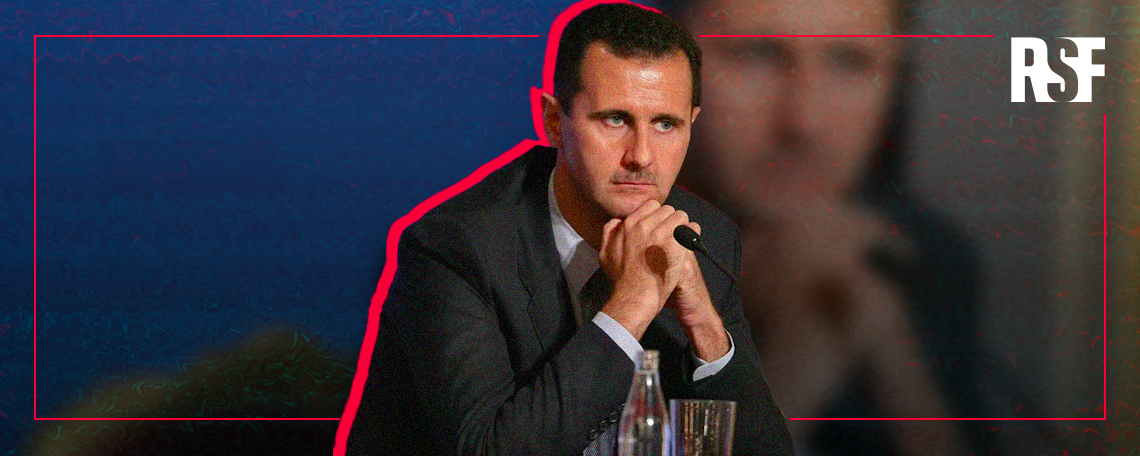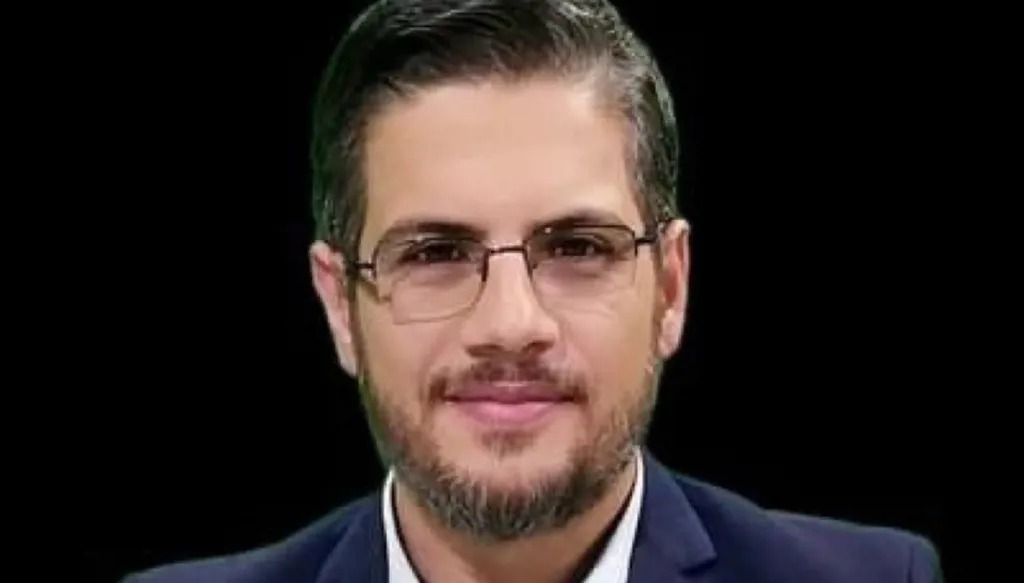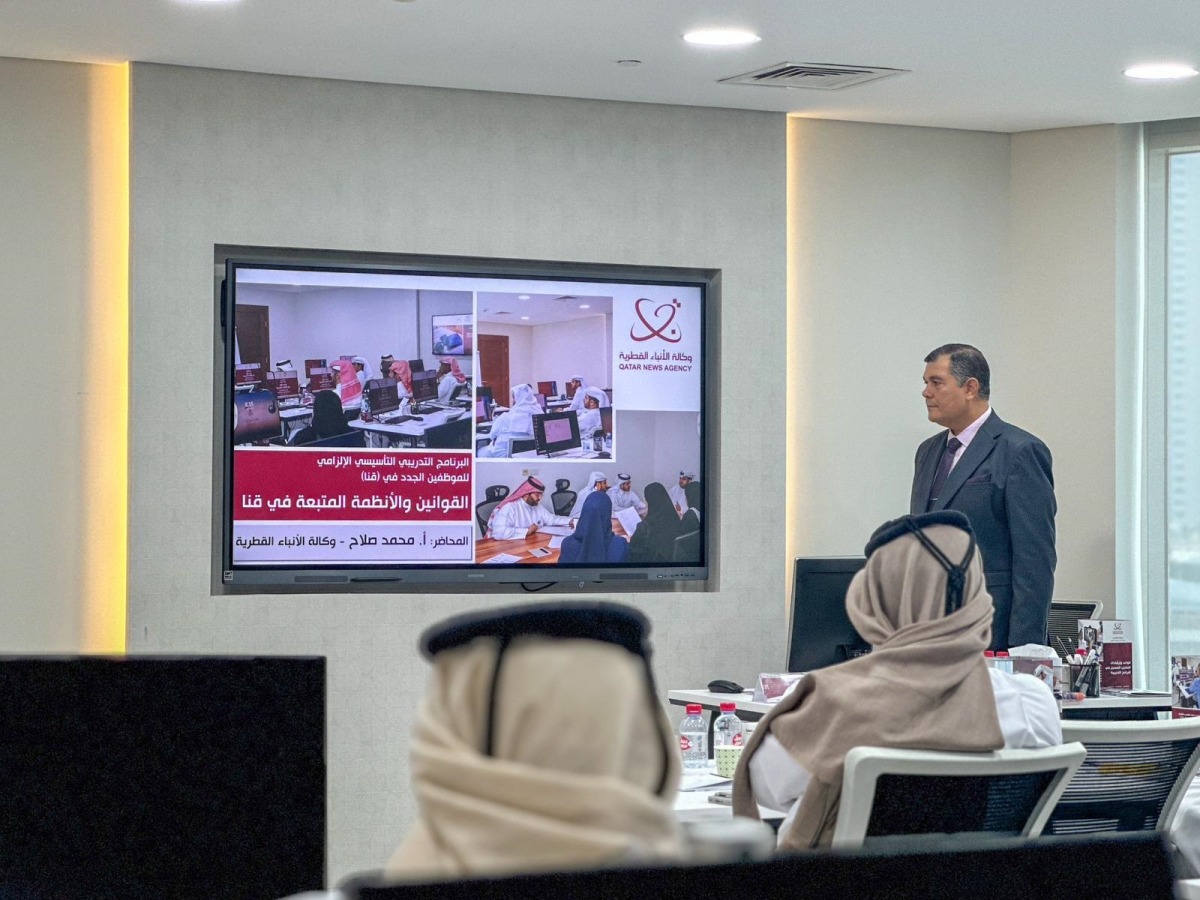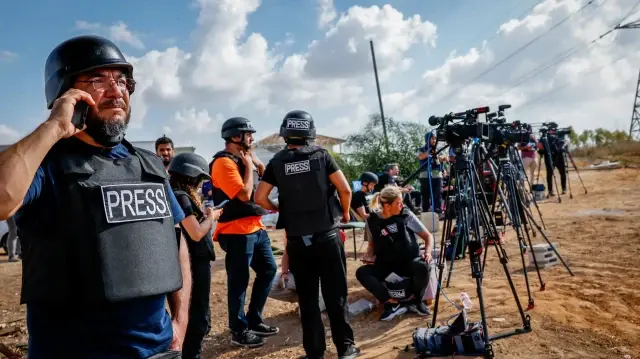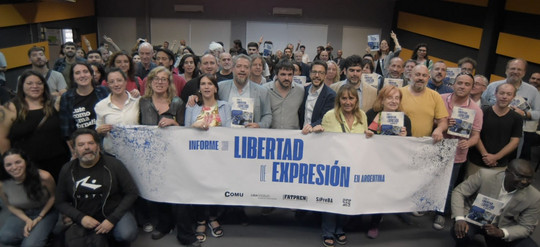
Argentina’s Press Freedom at Risk Amid Milei’s First Year in Office
December 10, 2024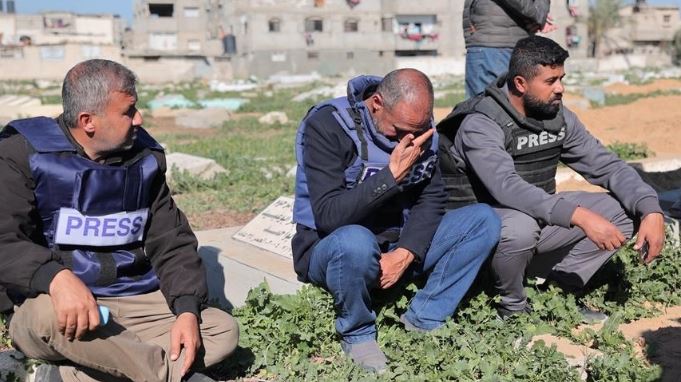
Gaza at the Epicenter: 2024 Marks One of the Deadliest Years for Journalists
December 10, 2024December 10. 2024 – Syria –
Reporters Without Borders (RSF) has demanded that Bashar al‑Assad be prosecuted for the deaths of 181 journalists and media professionals killed by the regime and its allies since the 2011 revolution. The call comes amid the collapse of Assad’s government in December 2024 and growing international scrutiny of Syria’s legacy of media repression.
Between 2011 and 2024, Syria descended into one of the deadliest environments for journalism. Beyond the regime’s 181 killings, another 102 journalists were murdered by other factions in the conflict, including six by Hayat Tahrir al‑Sham. RSF reports additionally that 23 journalists remained imprisoned under Assad, with seven subjected to enforced disappearance. The regime’s security services systematically abducted, tortured, or executed those deemed critical, cultivating an atmosphere of fear and impunity.
After the fall of Assad, documents recovered from intelligence headquarters exposed systemic surveillance targeting independent journalists, including members of SIRAJ, a Syrian investigative collective. State intelligence treated routine reporting as espionage, signifying that journalistic work itself was criminalized.
RSF Director-General Thibaut Bruttin emphasized the need for legal redress: Assad and senior intelligence officials must face charges before international tribunals or Syrian judicial mechanisms for crimes against journalists, including murder, torture, and enforced disappearance. He noted that justice will require extensive documentation of crimes and identification of victims and perpetrators.
The most prominent case is the deaths of high-profile journalists—such as Marie Colvin and Rémi Ochlik—killed during the 2012 siege of Homs. U.S. courts have ruled the Syrian military targeted Colvin’s media center, and France has since pursued universal jurisdiction, with warrants issued for Assad-era officials over crimes against humanity.
As Syria’s interim authorities promise justice, international bodies like RSF and the Committee to Protect Journalists urge transparent prosecutions, witness protection, and safeguards for the press. For RSF, prosecuting Assad and his allies is essential not only for accountability but also for rebuilding trust in Syria’s future media environment. The collective legacy of 281 journalist killings stands as a grim monument—and a legal imperative for justice.
Reference –

